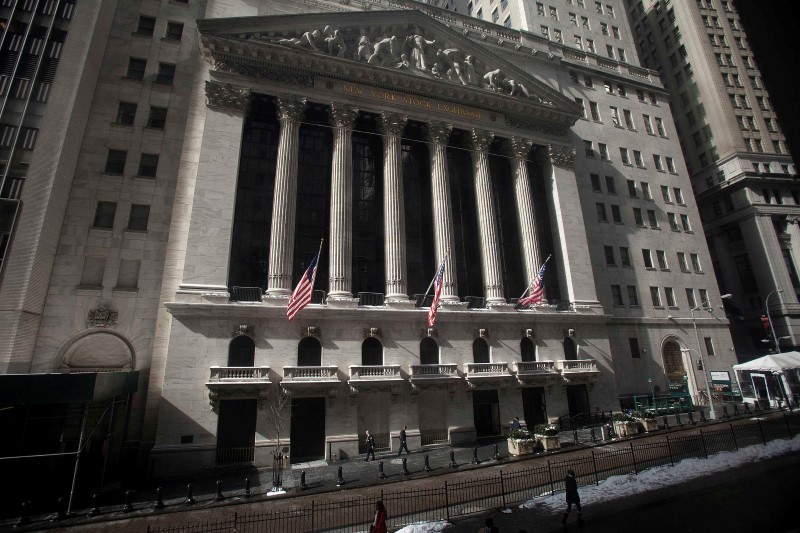Barclays analysts issued a warning about the increasing risks associated with concentrated equity positioning, suggesting that the current market dynamics may be susceptible to significant unwinds.
This caution stems from several critical observations regarding the state of US equity markets.
"Concentrated equity positioning increases unwind risk," Barclays notes, highlighting three primary factors contributing to this heightened risk.
Firstly, they say US equity gains are notably narrow and heavily Tech-centric, with mutual funds significantly increasing their Tech allocations.
Secondly, the bank notes that valuations of Big Tech stocks are rising again, marking a stark reversal from the first half of the year when returns were primarily driven by better earnings.
Lastly, Barclays states that retail money is growing in US equities due to the increased US allocation within global funds.
Reflecting concerns over these trends, the bank explains that global macro hedge funds recently reduced their long equity exposure amid signs of macroeconomic weakness.
Barclays also points to the vulnerability of systematic positioning, which remains elevated and susceptible to outflows. According to the bank's analysts, the strong uptrend in US equities, combined with depressed volatility, has led to increased allocations from Vol Control, CTAs, and Risk Parity strategies.
Notably, the analysts say Vol Control equity allocation has ramped up from already high levels and now exceeds 100%, leaving little room for further additions unless volatility drops to extreme lows similar to those seen in 2017/19. CTAs are said to have reduced their exposure to EU equities but maintain high allocations to the S&P 500 (SPX) and Nasdaq 100 (NDX).
The bank highlights that investor sentiment appears bullish, despite slowing options activity, with the call buy-to-open versus call sell-to-open ratio near year-to-date highs.
Barclays writes that intraday price action suggests that dealers remain largely long gamma, providing some stability. However, they believe the potential for market jitters looms, particularly with upcoming FOMC meetings, earnings reports, elections, and fading seasonal trends.
Overall, Barclays' analysis underscores the fragility of the current market setup, where concentrated positions and systematic strategies could amplify market volatility in response to economic or policy shifts.
